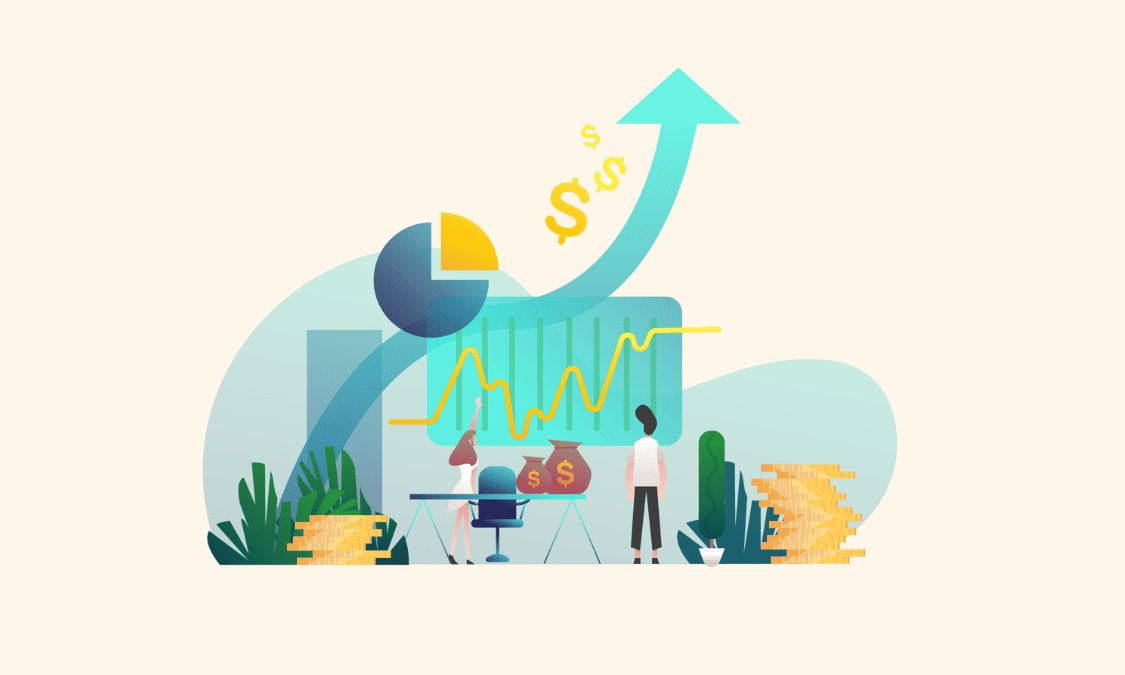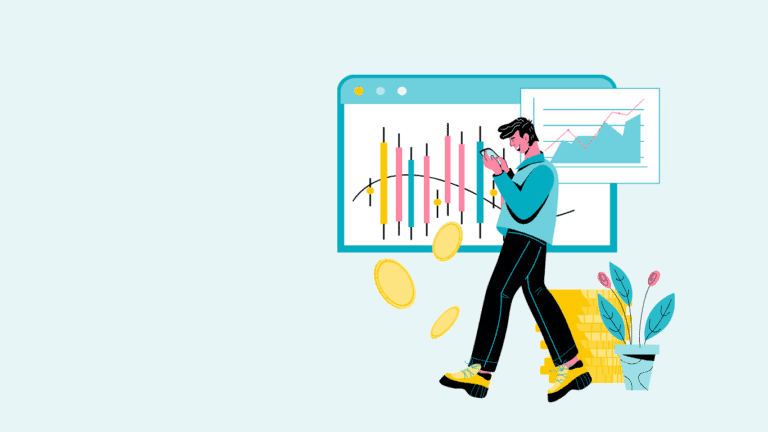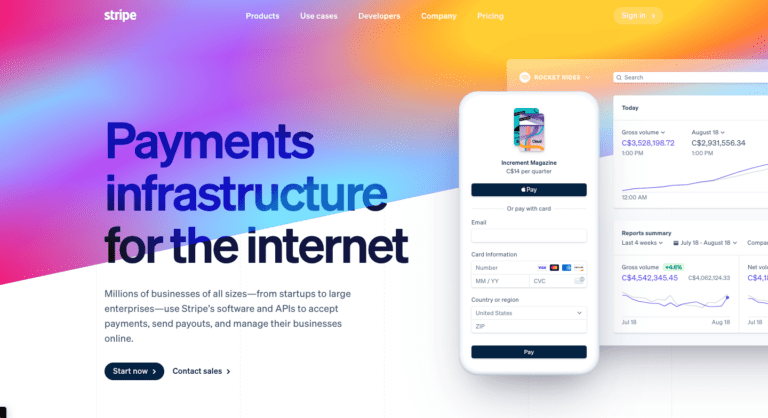Stocks vs. Futures: What’s the Difference and Which One Should You Invest in?
Within the list of the many different types of investment options available to investors, stocks, and futures are both popular options with their own set of benefits and risks to consider before you take a call.
While you read up on Stocks vs Futures, remember that they both offer unique benefits to investors looking to diversify their portfolios, meet their trading goals, and create passive income.
But it’s essential to understand their differences.
In this article, we’ll discuss what stocks and futures are. Then, dive into what makes them different.
What Are Stocks?
Stocks are securities that make up a specific percentage of company ownership. They’re also known as equities.
Sometimes, they give the person who owns them certain voting rights within the company. The person who owns a stock is known as a shareholder.
“Shares” are stock units. When someone buys a stock, they hold however many shares they bought.
After investing in a stock, the shareholder is entitled to part of the company’s profits based on how many shares they hold.
Stocks can be bought and traded on stock exchange websites, such as Yahoo Finance and The Motley Fool. Nowadays, stock investing has become even more accessible through trading apps.

What Are Futures?
“Futures” is a shortened version of “futures contracts.”
Futures are an organized, legal trade agreement between two parties. The parties agree to trade specific assets at a predetermined, fixed rate that is specified in the agreement.
The most common assets traded in futures contracts are stocks and commodities.
Although the parties agree on the rate and assets, they aren’t bought or sold immediately. Instead, they’re paid for and delivered at a later date. This time is specified in the agreement as well.
Stocks vs. Futures: What’s the Difference?
Stocks are the most common type of investment and usually reap more long-term benefits than other types.
However, futures contracts better allow investors to mitigate the risk of significant financial losses. Since the assets aren’t paid for immediately, investors can more carefully monitor the assets’ price changes.
Another difference is that stocks are a very specific asset: a fraction of ownership of a company.
But futures can be any type of asset, including stocks. Assets can also include currencies, energy, livestock, interest rates, and more. This also gives investors looking to diversify their portfolios with minimum risk an advantage.
You can also trade futures 24/7, whereas stocks can only be traded when the market is open.
Since futures can be traded daily and at almost any time, they’re highly liquid. This mitigates the financial risk of huge price fluctuations, as seen in the stock market.






